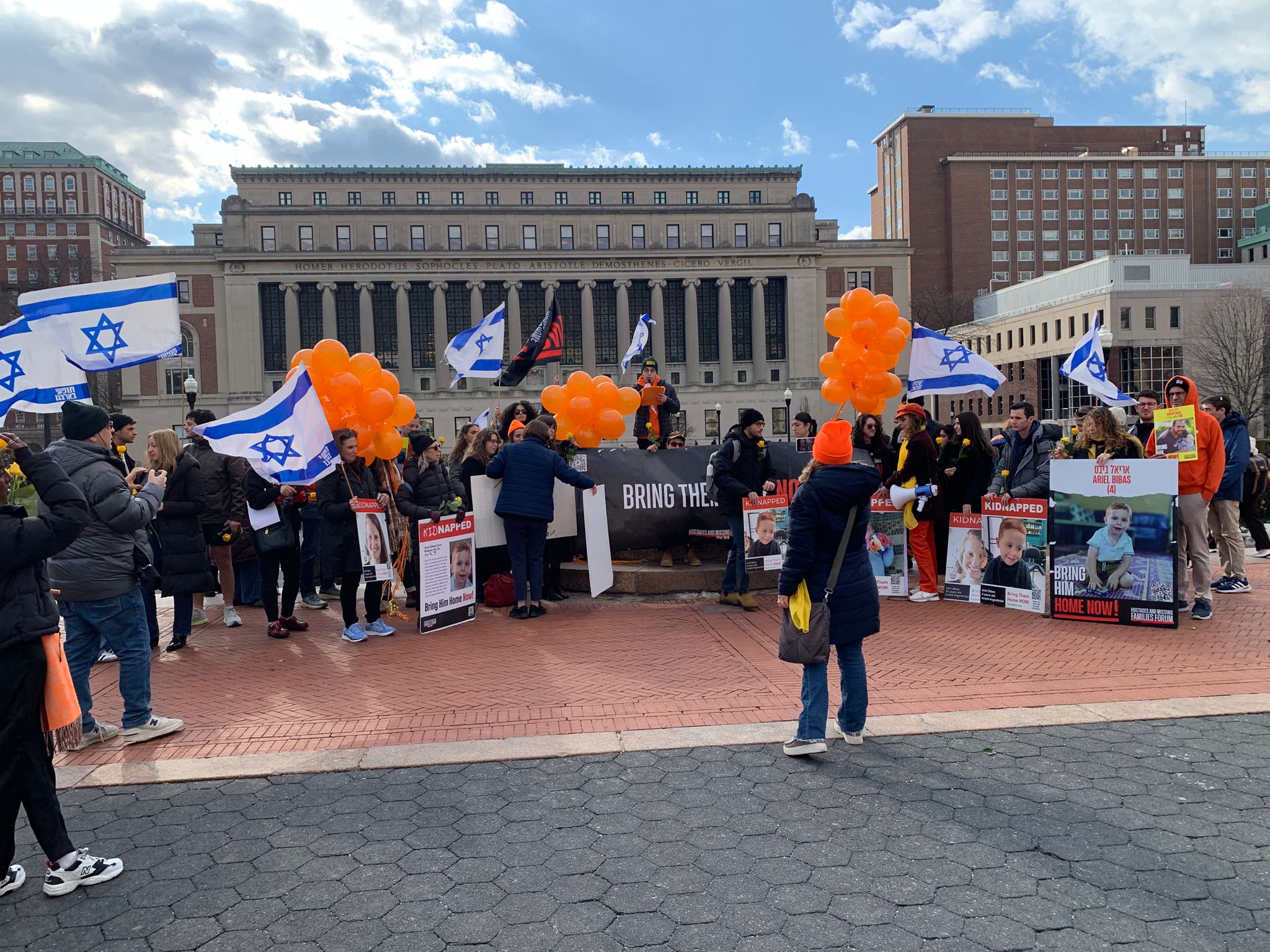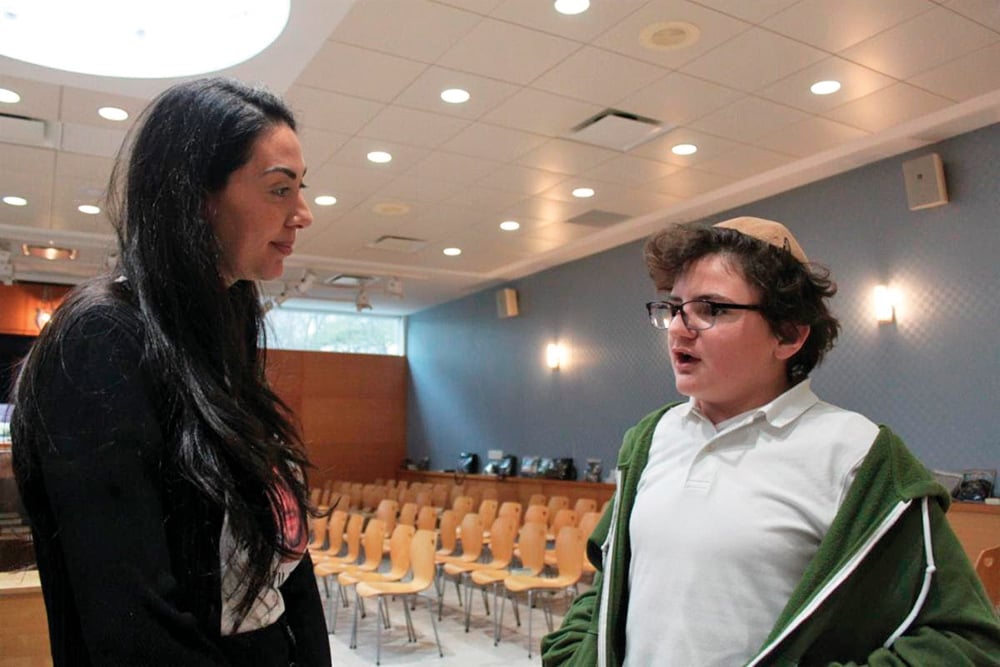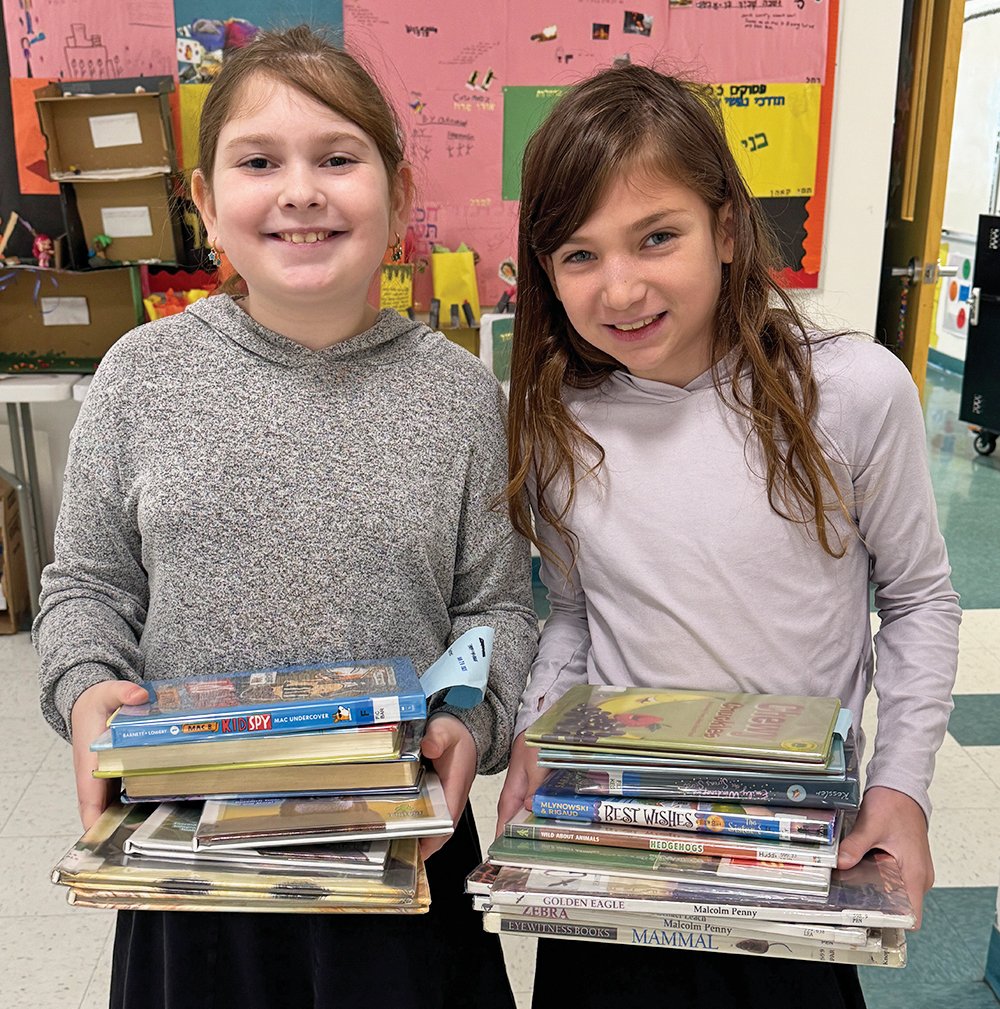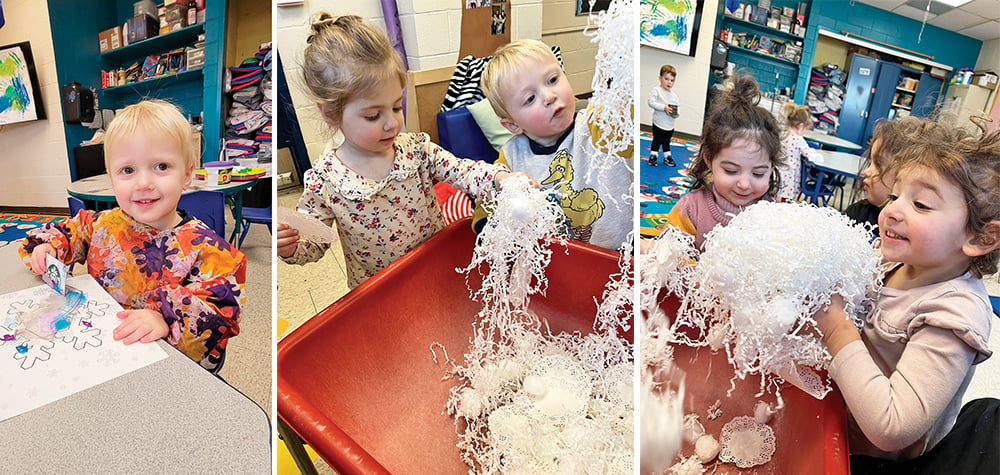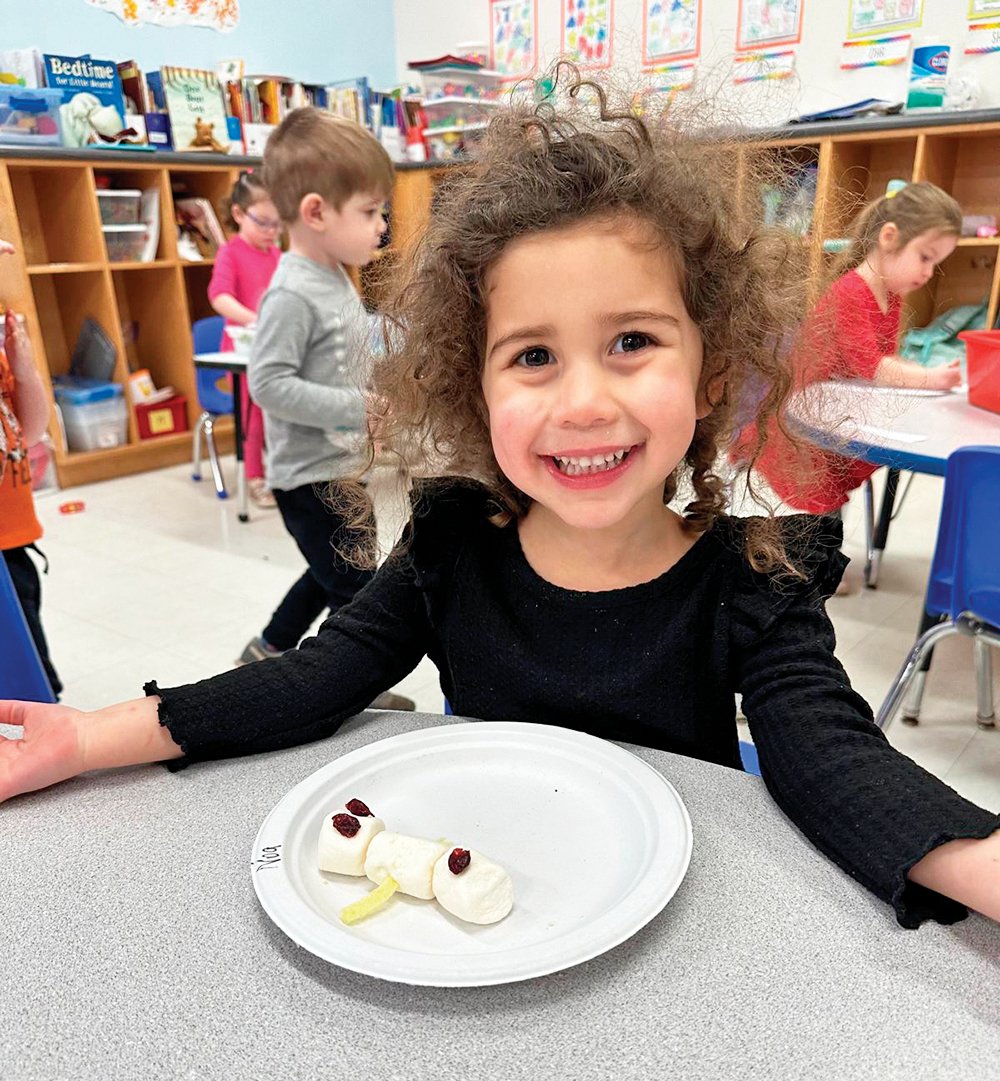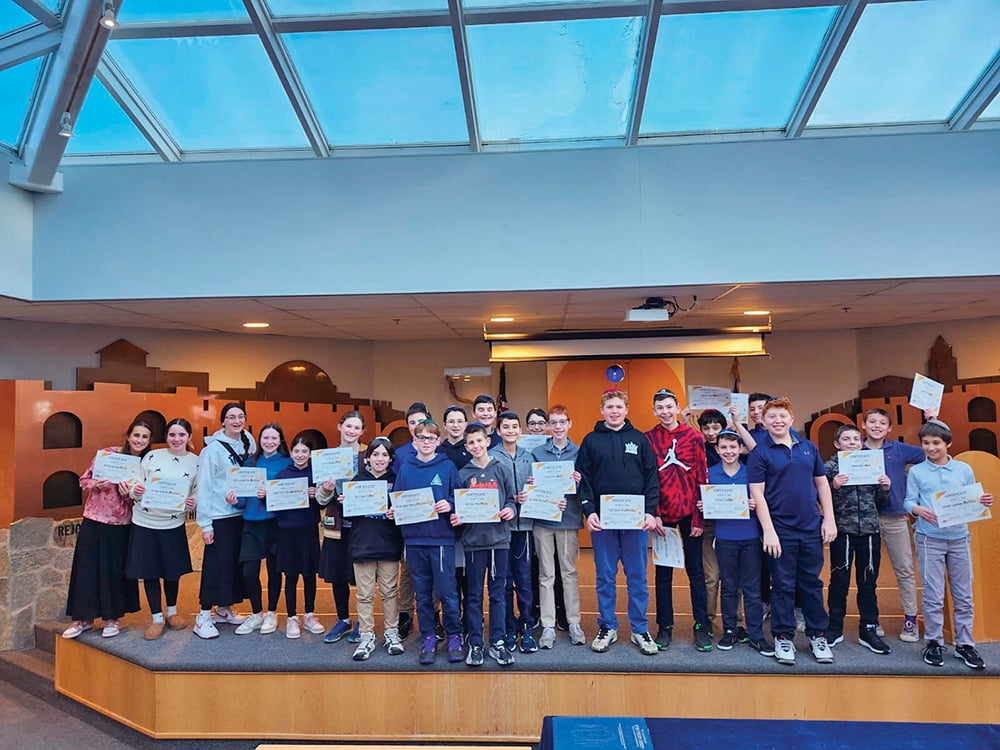It is hard to understand how a people and their country can go from mourning their sons and daughters lost in battle to celebrating the amazing establishment of the State of Israel with parades and celebrations within only hours of each other. In the same week that this celebration takes place, a day has been set aside to remember the Shoah. We listen to survivors tell their tales and we pray to Hashem that such an atrocity will never happen again.
We were both fortunate in that neither of us had immediate relatives that were killed by the Nazis. Nina’s father’s family was, with great risk, able to escape from Berlin to Haifa. It was when we took over the leadership of the Young Israel of Val Royal in Montreal that we had our first encounter with many survivors. Like so many others, they arrived with little and worked day and night to reestablish a new life for themselves and their families. Some lived in rented rooms with several other families, wives worked as cleaning ladies, husbands worked in factories until they were able to move up, saving every penny that they made. It was interesting to us that we noticed a slight resentment shown toward the newcomers by the Canadian-born Jews. Their work ethic was so much stronger.
We would like to share with you one family, in particular, who became a part of our family. Eva and Morris Kupfert met in a Displaced Persons Camp. They had both lost all of their families with the exception of a brother that Morris found many years later in Israel. Eva lost nine brothers and sisters as well as her parents. She told us an experience which her family had in the Warsaw Ghetto. Many families were huddled together in one or two rooms. There was no electricity. She was given the job of making soup for the group with whatever scraps they were able to muster up. As she was stirring the soup, she felt something heavy hit her spoon in the pot. She looked into the pot and found that there was a dead mouse in the pot and she was stirring it together with everything else. She made a decision not to tell anyone as she knew that the nourishment of anything was so important for them to continue.
The Kupferts raised three amazingly wonderful children who today are leaders in the Montreal and Toronto Jewish communities. They have grandchildren who are bnei Torah and who excel in their chosen educational fields. What struck us as the most unusual trait these two people had was that they never complained. They walked around with smiles on their faces. The number on their arms was a reminder to move on with dignity and happiness. We still remember Eva’s laugh. It was contagious. Neither Eva nor Morris is still alive, but we consider their children and grandchildren like family.
Although Eva and Morris often mentioned things that they learned from us, we definitely learned much more from them. One of the things that we noticed about the weddings that survivors made for their children was that they were always on a grandiose level. At first it disturbed us, and then we realized all that they celebrated. They overcame what none of us can conceive of. From all destinations friends who had survived the camps with them made every effort to attend. At each simcha a group would start singing the song of the partisan’s. It still resonates in our minds.
We Jews, in the most trying of circumstances, have the ability to realize that Hashem’s plan is not meant for us to understand. Not the Shoah, nor the many, many young lives lost during the fight to secure our homeland have stopped us from celebrating on Yom Haatzmaut. We had the pleasure of walking on Melech George and being bopped on the head by elderly men who were participating in the old-time custom of doing so. (Where that custom came from we do not know). We have observed the moment of silence on Yom Hazikaron when each person came to a halt, when every driver stopped his vehicle, got out, and stood next to his car. We know that these tragedies and these miracles are not meant for us to understand, but they have encouraged us to instill our lives with the concept of emunah.
By Rabbi Mordechai and Nina Glick



